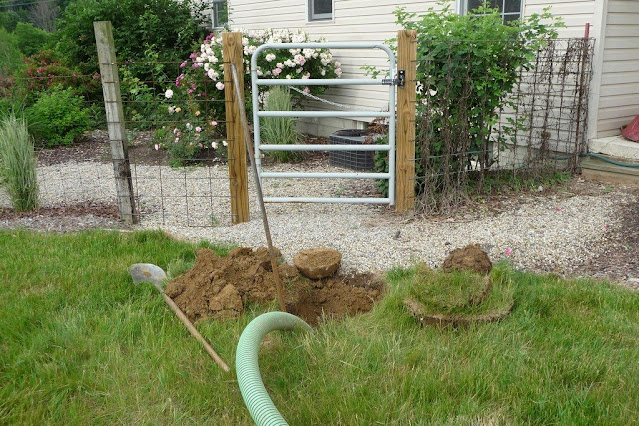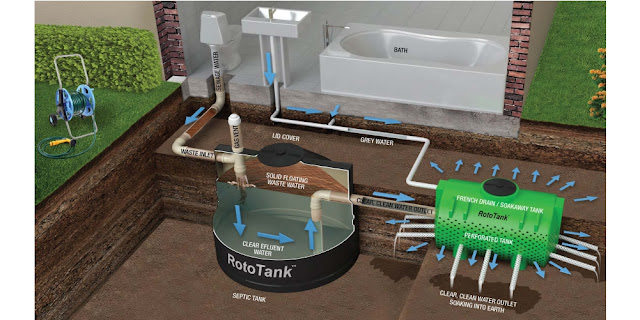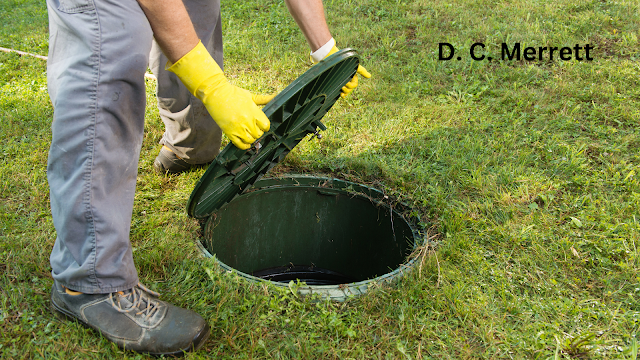What is the Best Way to Unclog a Septic Drain Field
A septic drain field is an essential component of a septic system. It is responsible for the final stage of treating and disposing of wastewater. Over time, it's common for the drain field to become clogged due to a buildup of sludge and other materials. When this happens, it can lead to a variety of problems, including slow-draining sinks, toilets, and showers, foul odors, and even sewage backups.
If you suspect that your septic drain field is clogged, it's important to take action quickly to prevent further damage to your septic system.
Here are some tips on how to unclog a septic drain field:
- Identify the problem: Before attempting to unclog your drain field, it's important to identify the source of the problem. Some common causes of drain field clogs include excessive water usage, damaged drain field pipes, or a buildup of solids in the septic tank. Identifying the cause can help you determine the best course of action.
- Pump the septic tank: If your septic drain field is clogged due to a buildup of solids in the septic tank, the first step is to have the tank pumped. A professional septic tank pumping service can remove the buildup of solids and help to restore proper flow to the drain field.
- Use a septic tank treatment: Once the septic tank has been pumped, consider using a septic tank treatment product to help break down any remaining solids and prevent future clogs. These products typically contain natural enzymes and bacteria that help to digest organic matter in the tank.
- Install a drain field filter: A drain field filter can be installed in the outlet pipe of the septic tank to help prevent solids from entering the drain field. These filters can be effective in reducing the frequency of drain field clogs.
- Reduce water usage: Excessive water usage can overwhelm the drain field and lead to clogs. To prevent this, consider reducing water usage in your home by fixing leaks, installing low-flow fixtures, and avoiding excessive water usage activities.
- Avoid using harsh chemicals: Avoid using harsh chemicals such as bleach, drain cleaners, or antibacterial soaps that can kill the beneficial bacteria in your septic system and lead to clogs.
- Call a professional: If you're unable to unclog your septic drain field on your own, it's best to call a professional septic system service. A trained professional can assess the situation, identify the source of the clog, and recommend the best course of action.
In summary, unclogging a septic drain field can be a challenging task. However, by following these tips and taking preventative measures, you can help to keep your septic system running smoothly and avoid future clogs. Remember to always follow safe practices when dealing with septic systems, and when in doubt, consult a professional.




Comments
Post a Comment